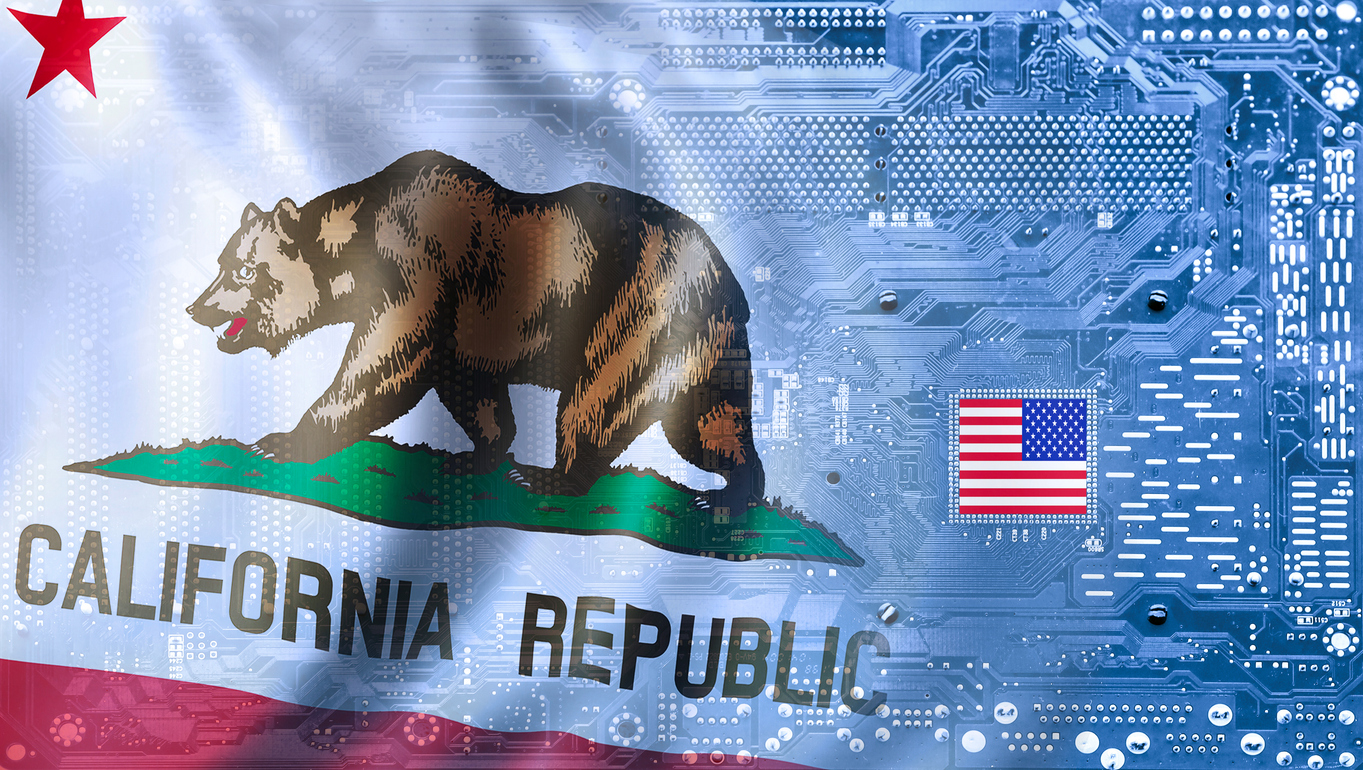Tech
The Scoop: California regulations may change AI forever – PR Daily

The California legislature recently passed a series of 38 bills targeting some of the most pressing issues related to the use, misuse and application of artificial intelligence. So far, Gov. Gavin Newsome has signed eight of those bills into law.
The new laws address topics such as the sharing of deepfakes of election-related content on social media as well as nude images. For example, SB 926 makes it illegal to blackmail someone with AI-generated nude images that resemble them.
Other changes include now requiring a person to get permission from an actor before creating an AI-generated replica of their voice or likeness and helping people public identify AI-generated content.via metadata that indicates they’re a product of artificial intelligence.
Newsom must make a decision about the remaining bills before the end of September. That includes the controversial State Bill 1047, which aims to prevent what lawmakers describe as “catastrophes” caused by AI systems.
Why it matters: The new California bills and laws showcase the potential beginning of the end of the “Wild West” of AI regulations.
As the hub of the world’s leading AI companies, California aims to “harness these transformative technologies to address pressing challenges while studying the risks they present,” according to a release from Newsom’s office on Sept. 17.
Although PR professionals aren’t creating these tools, they often guide their use behind the scenes. It’s crucial to understand the true power of these tools to maximize their potential and mitigate risks.
Before integrating new AI tools into daily operations, every brand or company should collaborate with executives, HR, and legal teams to develop a policy outlining their use. This policy should cover not only which tools to use but also how to use them ethically.
Treat this policy like your crisis plan – update it regularly to reflect the latest technology. This may help you avoid some of those AI-related catastrophes they’re talking about in California.
Editor’s Top Reads
- Ohio Gov. Mike DeWine has turned to the New York Times to tell the country that claims about Haitian immigrants and his hometown of Springfield, Ohio are untrue and the proliferation of that false rhetoric puts people in harm’s way. The Republican’s guest essay, “I’m the Governor of Ohio. I Don’t Recognize the Springfield That Trump and Vance Describe,” highlights a number of recent unsubstantiated allegations against the migrants who’ve arrived in the central Ohio city over the past three years to fill vacant jobs. “This rhetoric hurts the city and its people, and it hurts those who have spent their lives there,” DeWine wrote, noting that the city continues to endure violent threats as a result of the misinformation. The fact that a Republican governor so clearly and publicly debunked allegations made by the presidential ticket he endorses reveals a lot about the power of mis- and disinformation in today’s world. Despite the city’s leadership and news outlets working to discredit lies about Haitian immigrants, they continue to spread rapidly and gain widespread popularity. DeWine is coming out and unequivocally debunking misinformation that is harming his state, even though it may come at a broader political cost. His messaging was to the point, drawing on his own personal experience as a Springfield native and from talking to residents of the city. He does not turn his back on Trump and Vance for spreading the lies, though he does express disappointment. It’s a tightrope of a statement that seeks to regain a narrative that has spread wildly. Is it too late to be controlled?
- A group of reality TV contestants are suing MrBeast founder Jimmy Donaldson and producer Amazon, alleging they were sexually harassed and mistreated while participating in challenges for the “Beast Games” show. The lawsuit, filed on behalf of five anonymous participants, claims they faced dangerous and uncomfortable working conditions, including not having access to sufficient food or drink and on-site medical care, while also enduring “unreasonably risked physical and mental injury” and even sexual harassment, according to Gizmodo. The allegations outlined in the case are vague, but they represent the latest challenge to the MrBeast brand. In July, MrBeast parted ways with an employee accused of having inappropriate interactions with minors and last month, old videos of Donaldson using homophobic and racist slurs resurfaced. These types of situations can be difficult for any brand to overcome, but especially one so heavily rooted in producing family friendly content. To date, Donaldson has said and done all the right things – publicly distancing himself from the former employee and repeatedly apologizing for his behaviors when he was younger. But legal challenges like this one are a bit different and require a more cautious approach. When considering when and how to respond publically, the strategy needs to center around the PR benefits of doing so for your brand. Not surprisingly, attorneys for both Donaldson and Amazon have declined comment on the suit so far. Further commenting would likely only extend the news cycle.
-
Apple’s new iOS 18 platform has introduced a range of new features, including a kind-of fix for the infamous “green bubble” issue. Since the iPhone’s inception, the texts it received from non-Apple devices have appeared green, indicating that the message isn’t encrypted. Android-to-Apple texting has also been a different experience due to a lack of engagement options. Although Apple hasn’t addressed the text color issue, its new RCS messaging system offers read receipts, improved group chats, and higher resolution on shared photos and videos. There’s no denying image is an important part of messaging, and few have done it better than Apple. Over the years, the company has transformed itself into a brand focused on image as much as technology. The iPhone and the “blue bubble” have become synonymous with that brand. This latest iOS update enables Apple to improve its user experience and compete with a growing Android market while maintaining the exclusivity of the “blue bubble.” The changes likely reflect the current U.S. antitrust case against Apple, which claims it created the blue bubble-green distinction to make it more difficult for iPhone users to text with people using non-Apple products. But, the upgrades also send an important message to users about the status of the iPhone.
Casey Weldon is a reporter for PR Daily. Follow him on LinkedIn.








